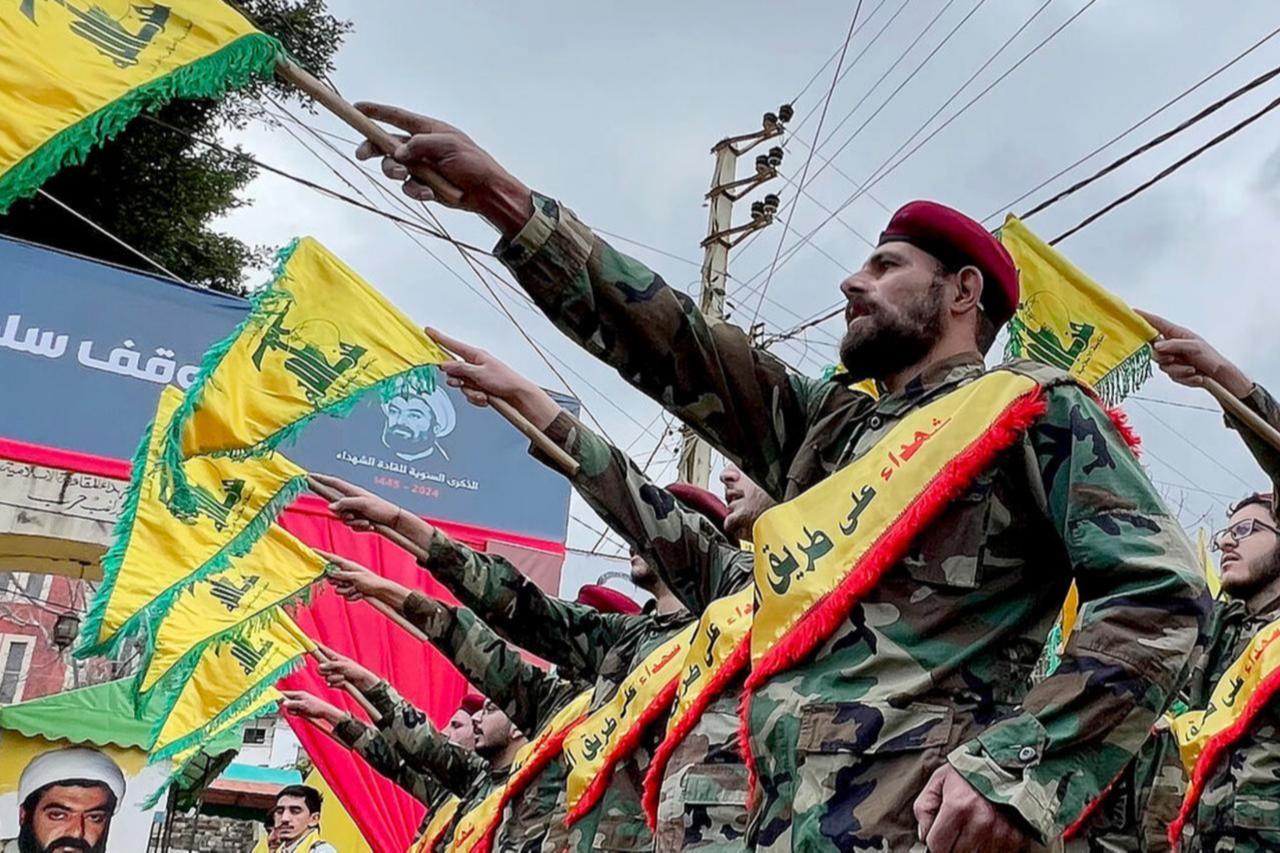
An Israeli airstrike killed Hezbollah's chief of staff Ali Tabatabai in the southern suburbs of Beirut on Sunday, seven months after a ceasefire was meant to halt hostilities between the two sides. The Lebanese militant group warned the strike had 'crossed a red line' and risked igniting a broader conflict.
The Lebanese Health Ministry confirmed five people were killed and 28 others wounded in the attack on the Haret Hreik neighborhood, a densely populated area long considered a Hezbollah stronghold.
Israeli Prime Minister Benjamin Netanyahu said he personally ordered the strike on the recommendation of Defense Minister Israel Katz and military Chief of Staff Eyal Zamir. His office accused Tabatabai of leading "the buildup and armament" of Hezbollah, while the Israeli military claimed he had commanded the group's elite Radwan Force and oversaw its operations in Syria.

Mahmoud Qomati, deputy head of Hezbollah's Political Council, confirmed that a senior military figure had been targeted while visiting the blast site. Speaking to reporters, he said the strike "crossed a red line and opens the door to a wider escalation against all of Lebanon."
The group's leadership would evaluate how to respond, Qomati added, though he stopped short of specifying what form any retaliation might take.
Israeli broadcaster Channel 12 reported that the military had attempted to assassinate Tabatabai twice previously during last year's conflict in Lebanon.
The strike exposed apparent friction between Israel and its chief ally. Israel's state broadcaster KAN reported that Israeli officials informed Washington before the attack was carried out. However, a US official speaking to Channel 12 contradicted this account, stating the briefing came only after the strike.
The official, whose identity was not disclosed, said the United States had been aware Israel was "on the verge of escalating its attacks in Lebanon" but had no advance knowledge of the timing or intended target.
The killing marks the most significant Israeli strike since a US-brokered ceasefire took effect on November 27, 2024, ending weeks of intense cross-border fighting. Under the agreement, Israeli forces were required to withdraw from southern Lebanon by January, but the military has only partially complied and continues to maintain a presence at five border outposts.
Tensions have escalated sharply in recent weeks, with Israel conducting near-daily air raids inside Lebanese territory. According to the Lebanese Health Ministry, at least 331 people have been killed and 945 wounded by Israeli fire since the truce began. The United Nations peacekeeping mission UNIFIL has documented more than 10,000 Israeli air and ground violations of the agreement.
The Radwan Force, which Israel claims Tabatabai commanded, is Hezbollah's special operations unit responsible for ground incursions and considered among the group's most capable fighting formations.